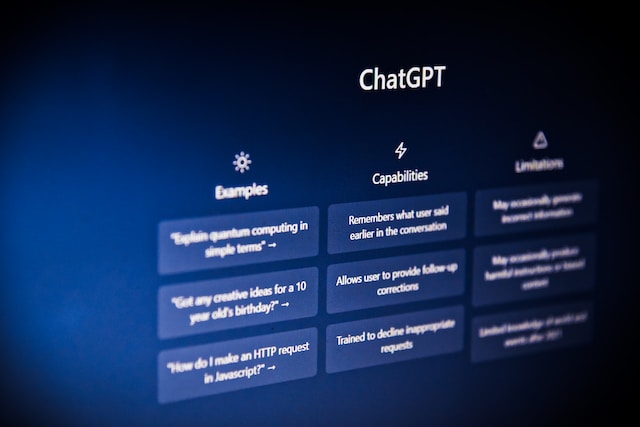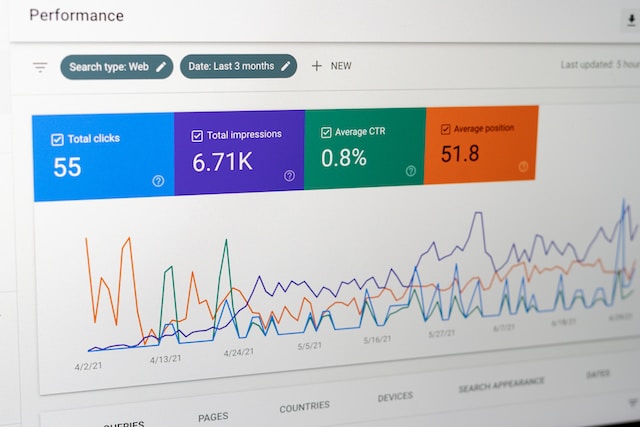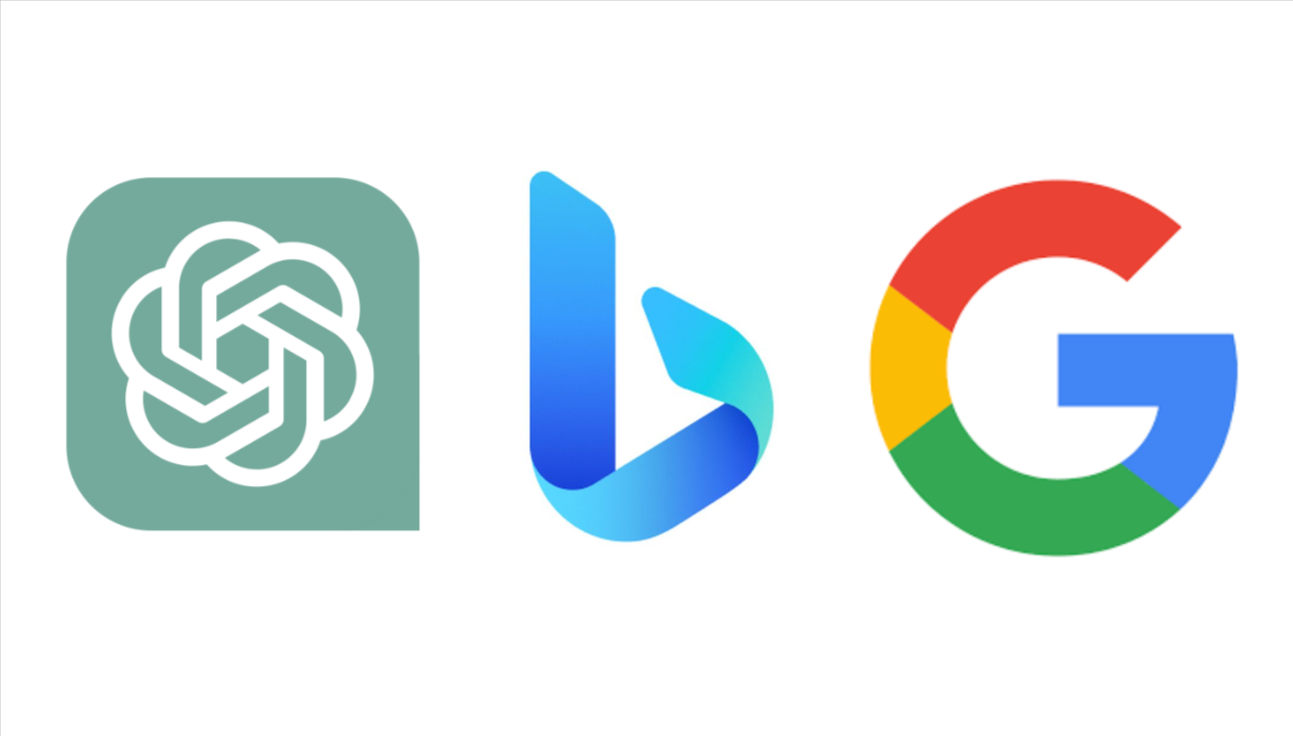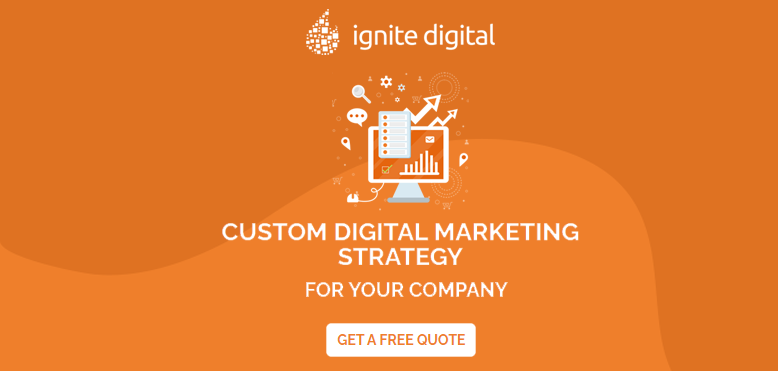If you’re familiar with search engine technology, then you know that it is constantly evolving.
But what will the future of search look like?
ChatGPT, Bard, and Bing are bringing a new era of artificial intelligence (AI) to search.
How will these developments shift the landscape of search?
What implications will AI-powered search engines have on SEO tactics?
And what influences the visibility of paid ads on results pages?
Does this indicate the start of an era where people no longer need to read content on sites unless they are making specific transactions?
Let’s take a closer look at how these technologies work and how they might change our relationship with search.
ChatGPT
ChatGPT is a natural language processing technology developed by OpenAI.
It is designed to be an AI-driven chatbot that can understand and respond to user questions on its own without the need for human input or training data.
Additionally, ChatGPT can learn from conversations over time and make predictions about how people are likely to respond in certain situations.
This makes it an ideal tool for customer service agents who might not have extensive experience with responding to customer inquiries or for businesses that need to quickly generate responses based on large amounts of data.


Bard
Similar to ChatGPT, Bard is an AI-driven chatbot developed by Google which has been specifically designed to understand natural language queries.
While ChatGPT can interpret and create a wide range of text for a variety of purposes, Bard was developed to engage people in more natural and open-ended discussions.
Bard also uses machine learning algorithms to improve its accuracy over time as it collects more user data.
This means that as more people use Bard for their product searches, it will become better at providing accurate and helpful results for even more complex queries.
Bing
Microsoft’s AI-powered search engine, Bing, is one of the most advanced search engines available today.
It utilizes AI algorithms to understand the intent behind user queries and deliver the most relevant results quickly and accurately.
While both ChatGPT and Bard are AI-driven chatbots, Bing utilizes its advanced artificial intelligence algorithms to interpret user queries more accurately than either technology.
Bing is able to produce pictures, browse the web, and provide sources for its results (an extremely significant feature for some searches).
Bing leverages Microsoft’s deep expertise in natural language processing algorithms to better interpret user queries and identify important keywords for its search engine results.
How Will These Technologies Impact Search?
These AI-powered technologies represent a significant shift in how we think about search engines and their capabilities.
By leveraging AI technologies such as natural language processing and machine learning algorithms, we are able to create powerful tools that can understand complex queries and provide accurate results faster than ever before.
As these technologies continue to evolve and become more sophisticated over time, they have the potential to revolutionize the way we interact with search engines and use them in our daily lives.


Implications of AI-Powered Search Engines on Paid Ads and SEO
In order for websites to rank well on AI-powered search engines, they must create content that is rich in information and logically structured.
AI-powered search engines rely heavily on natural language processing (NLP) algorithms to accurately interpret user queries and provide the most accurate and relevant results.
This means writing content with high semantic richness and providing detailed facts and figures to support claims.
Content should include relevant keywords and phrases that are commonly searched for and should be structured in a way that is easy for the search engine to interpret.
AI is changing the way businesses approach paid ads by making them more personalized and targeted.
Ads should be tailored to specific user queries, as AI-powered search engines are able to detect and interpret more complex queries.
For example, if someone searches for “laptops under $500”, an ad that is tailored to this specific query will appear higher in rankings than one that is more generic.
In addition, AI-powered search engines will also take into account a website’s structure when evaluating its relevancy.
Websites should make use of clean HTML code and have links between their pages to facilitate efficient crawling by search engine bots.
Content should be structured logically and consistently updated with the latest relevant information in order for it to be accurately indexed by the algorithm.
The possibility of a zero-click SERP still exists; however, due to the advanced capabilities of AI-driven algorithms, it is now much less likely than before as these algorithms can interpret complex queries and surface relevant information from multiple sources simultaneously.
People may not need to necessarily click on website links if they can find what they need within the SERP itself without having to leave Google’s page.
However, people will still be visiting websites in order to make transactions or access more detailed information about products/services that aren’t available directly from the SERP itself which will drive clicks back into websites for those specific tasks regardless of any zero-click results being surfaced by an AI-driven SERP.
Final Thoughts
As we move forward into this new era of AI-driven search engines like ChatGPT, Bing, and Bard; it’s important that we keep an eye on how advancements in technology may impact marketing strategies and how we can leverage them to improve ROI.
By making use of AI-powered search engines and optimizing content for them; businesses can increase their visibility on SERPs, gain more leads and conversions, and ultimately maximize their return on investments.
With these tools at our disposal, there are countless opportunities for businesses to increase their reach and grow their bottom lines!




